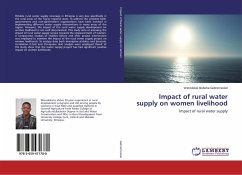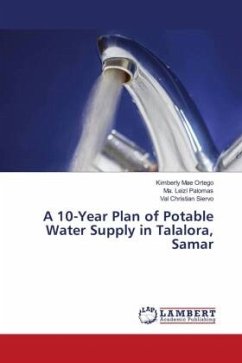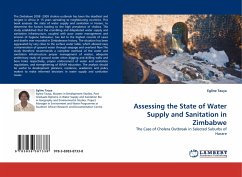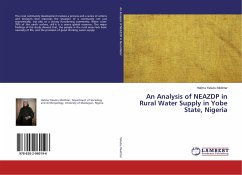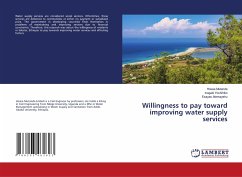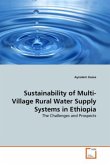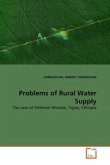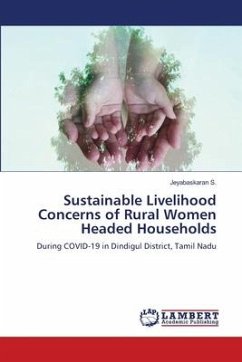Potable rural water supply coverage in Ethiopia is very low specifically in the rural areas of the Tigray regional state. To address this problem both governments and non-government organizations have been involved in implementing different water supply interventions in many areas of the region. However, the impact of the rural water supply development on women livelihood is not well documented. This study aims at assessing the impact of rural water supply service towards the empowerment of women. A comparative analysis of realities before and after project intervention was employed to examine the impact of the rural water supply project on women livelihoods. To analyze data both descriptive statistics and bivariate correlation (t-test and Chi-square test) analysis were employed. Result of the study show that the water supply project has had significant positive impact on women livelihoods.
Bitte wählen Sie Ihr Anliegen aus.
Rechnungen
Retourenschein anfordern
Bestellstatus
Storno

